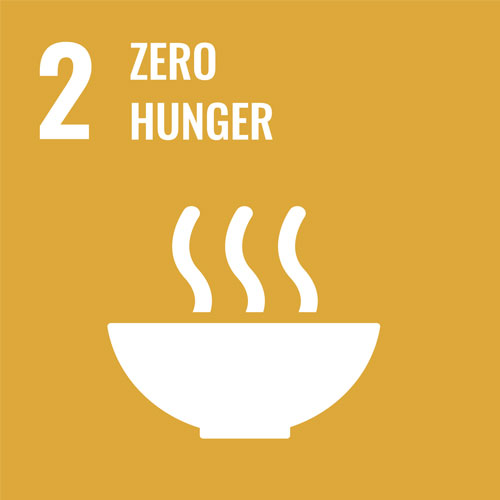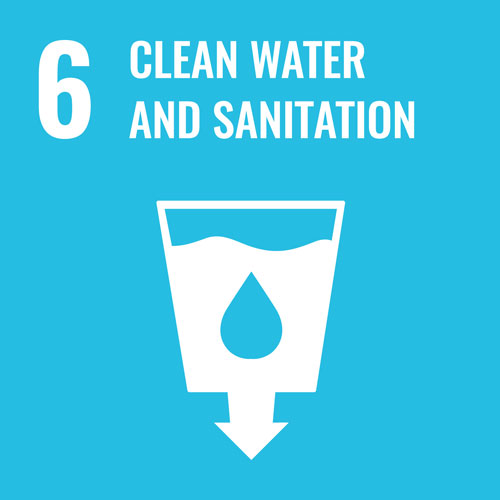SUPPORTING
SDGs

Forest industry in Malaysia which utilises both timber and non-timber forest produce from the forests have direct relevance to SDG 15: Life on Land that aims to “Protect, restore and promote sustainable use of terrestrial ecosystems, sustainably manage forests, combat desertification, and halt and reverse land degradation and halt biodiversity loss.”
With the implementation of the Malaysian Timber Certification Scheme (MTCS), the forest industry has increasingly subscribed to the implementation of SFM which calls for the need to address the three pillars of sustainability covering the social, economic and cultural dimensions which also form the core of the 17 SDGs.
here are some obvious links between the implementation of sustainable practices in forest management and timber industry in achieving the SDGs, notably:

SDG 1 No poverty: Forests contribute to livelihoods and poverty alleviation by providing access to forest resources to communities living in and around forests

SDG 2 Zero Hunger: Non-timber forest products such as fruits and honey sourced from forests contribute to food security;

SDG 3 Good Health and Well-Being: The MTCS forest certification standard requires the forest manager to adopt environmentally friendly non-chemical methods of pest management, and strive to avoid the use of chemical pesticides. Forest workers must also comply with the procedures on the use of approved chemicals in the forest;

SDG 4 Quality Education: Special consideration shall be given to the new opportunities for training and employment of the local communities within, or adjacent to the certified forest area, including indigenous people;

SSDG 5 Gender Equality: Promotion of gender equality and non-discrimination is enshrined in forest certification standard under the MTCS;

SDG 6 Clean Water and Sanitation: Maintenance of the important role of forests in water cycle – Forests and watersheds play a crucial role in the global water cycle and the protection of clean water supply. Special care must be given to mitigate any impact of forestry operations to the environment;

SDG 7 Affordable and Clean Energy: Forests provide or support renewable energy sources, including hydropower, wood and charcoal;

SDG 8 Decent Work and Economic Growth:
Forests generate employment in remote rural areas and are the basis of small enterprises. The safety and rights of the workers will also be protected in both forest and chain of custody certification standard under the requirement of MTCS;

SDG 11 Sustainable Cities and Communities: Urban forest and green space in cities are important component for healthy, resilient and liveability. Wood as a renewable building material is important to make cities and buildings more sustainable;

SDG 12 Responsible Consumption and Production: Certification enables people to consume responsibly. The usage of MTCS/PEFC label showcase an assurance that the products originated from sustainably managed forest;

SDG 13 Climate Action: The contributions of forests as a carbon sink to tackle climate change;

SDG 14 Life Below Water: Ecologically important forest areas must be identified, protected, conserved or set aside. Under the requirement of MTCS, forest management plans shall incorporate measures to mitigate the environmental impact identified in the environmental impact assessment (EIA);

SDG 15 Life on Land: The role of forests in maintaining ecosystem functions and environmental services is recognised in SDG 15, which makes explicit reference to forests and their sustainable management;

SDG 16 Peace, Justice and Strong Institutions: The MTCS forest certification standard requires compliance with international law including legal, property, land renure, customary, traditional and human rights and other relevant environmental and social regulations;

SDG 17 Partnership for the Goals: The development and implementation of MTCS standards foster dialogue among stakeholders impacted by forest management operations on the ground. It requires effective communication and consultation of forest managers with local communities, indigenous peoples and other stakeholders. Furthermore, MTCC as the member of Programme for the Endorsement of Forest Certification (PEFC) itself is a partnership for the goal.
